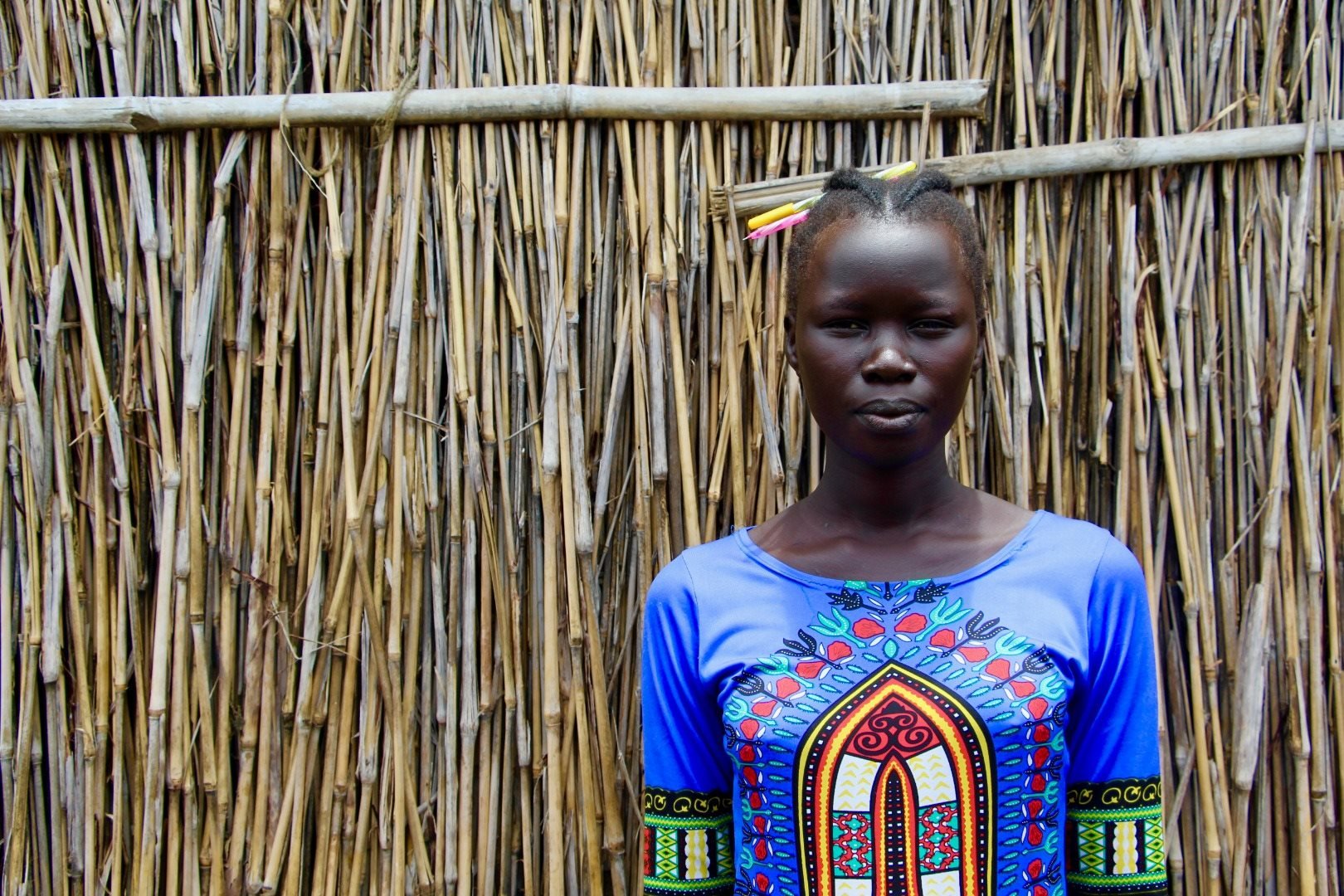
Expert insights on issues that transform business, increase sustainability and improve lives
Topics that matter
Here’s a snapshot of what we’re thinking about. Explore these highlights or view the full library to dive deeper into the ideas shaping our work.

Meet some of our passionate problem-solvers, constructive creatives and inspiring innovators

GESS exceeds ambitious targets to support South Sudanese girls to stay in school
GESS has helped more than 295,000 South Sudanese girls get to school through its cash transfer initiative, far surpassing its initial target of 200,000 girls and delivering on the UK government’s commitment to ‘leave no one behind’.
South Sudan has some of the worst educational indicators in the world, particularly for girls. Very few who begin primary education continue to secondary school. In 2017, 138,578 girls started primary school, but only 3,816 completed secondary school. The UK aid-funded Girls’ Education South Sudan programme (GESS) is determined to change this. It wants to help build a South Sudan where every single girl is able to go to school, stay in school and achieve in school.
There are many barriers preventing girls from going to school in South Sudan, but GESS research shows that the financial barriers are the greatest, and that apparent social barriers often have a financial basis – in the case of early marriage, girls are seen as a source of wealth through a dowry. Cash transfers help to remove these financial barriers and GESS specifically targets girls in upper primary and secondary schools – those most at risk of dropping out.
Girls like Devisa…

Sixteen-year-old Devisa is a student at Liberty Primary School. The school is located in the Bentiu Protection of Civilians site in the north of South Sudan, where more than 100,000 people are seeking protection as a result of the ongoing civil war. Devisa and her family fled to Bentiu when fighting broke out in her village. She told us that she has seen more girls enrol in school thanks to GESS cash transfers. Devisa herself played a part in this. After receiving her own cash transfer, she helped to spread the word, encouraging girls who had dropped out of school to come back and study hard so that they too would be eligible to receive the cash. She said that girls who previously did not want to come to school, or whose parents did not let them, are now regularly attending lessons.
Devisa is well aware of the barriers to education that girls face in her country. Sometimes a girl’s dowry may be her family’s only source of income and Devisa has seen some of her peers drop out of school as a result of forced marriage. Menstruation can also stop a girl from attending lessons regularly. A lack of money to buy sanitary towels means many are forced to stay at home during their period, falling behind their male classmates or missing important exams as a result.
Girls receive cash transfers when they regularly attend school and ongoing qualitative research carried out by GESS highlights that most girls make their own choices on how to spend the money, often using it to buy things that directly support their education. Last year, Devisa and her mother went to the local market to buy textbooks and pens with the money she received. This has helped her to do revision at home; after school she compares the notes she has taken in class with her textbook.
GESS cash transfers can help ease the financial pressure felt by South Sudanese families and the results speak for themselves. In 2019 school enrolment stands at 1.98 million pupils, 45.3% of them girls, both national records achieved in spite of mass displacement caused by the ongoing conflict.
Having seen for herself how GESS cash transfers have helped girls stay in school, Devisa is hopeful for the future of South Sudan. “It starts from the family. The children will be more happy and healthy, then the entire country will also be happy because educating a girl is like you’re educating the whole nation.”